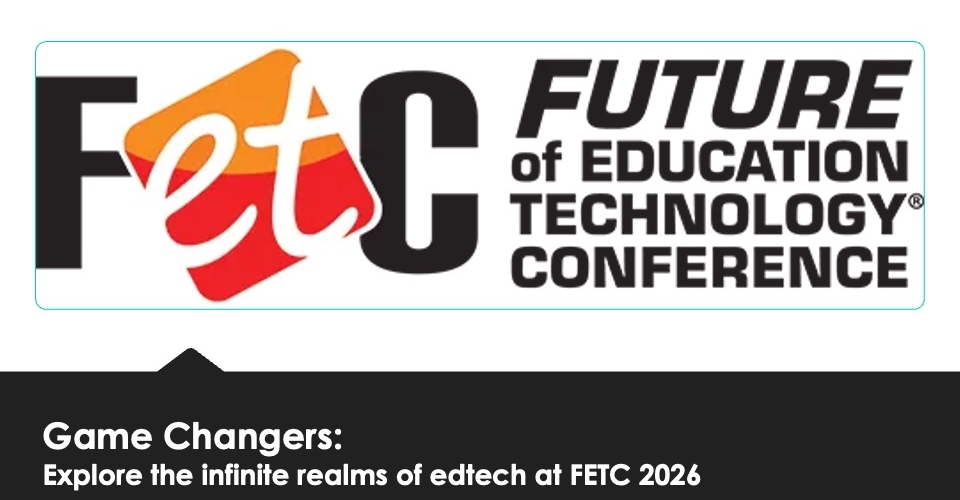The teaching profession has gotten much more attention than school safety as governors laid out their K12 education priorities in their “State of the State” addresses so far this year. Early learning was a far more frequent topic than the book bans, transgender students and other culture war issues—which were mentioned exactly zero times in the nearly 40 speeches tracked by the FutureEd think tank at Georgetown University.
Most superintendents would agree that state leaders and lawmakers have a far bigger impact on K12 schools than the president, the secretary of education or other federal officials. Our breakdown of FutureEd’s report—which covers only new initiatives—should give superintendents and their teams some idea of what K12 topics are being prioritized in their state capitals.
New budget investments were the hottest topics. Idaho Gov. Brad Little, for example, called for a $2 billion investment in school construction and maintenance, which would be the most ever spent on facilities. Gov. J.B. Pritzker of Illinois has asked for a $350 million increase in “Evidence-Based Funding,” which is meant to direct more money to under-resourced students.
Tackling teacher shortages and school choice
Teacher vacancies—and teacher pay, more specifically—figure prominently in many governors’ education priorities. Alabama’s governor, Kay Ivey, wants to give teachers the highest starting salary among neighboring states. Alaska Gov. Mike Dunleavy said classroom teachers deserve incentive payments of $5,000 to $15,000 per year for the next three years.
Bolstering the teaching workforce has bipartisan support. Florida’s Republican governor, Ron DeSantis, wants his state to spend an additional $1.2 billion on teacher salaries. Kentucky Gov. Andy Beshear, a Democrat, is pushing for a 5% pay raise for every public school educator and a loan forgiveness program for teachers. In Iowa, Republican Gov. Kim Reynolds has called for an additional $96 million to increase starting teacher pay by 50% to $50,000. She would also allocate $10 million to a merit-based grant program that rewards teachers who have excelled.
School choice remains a hot topic, particularly for Republican state leaders. Gov. Brad Little of Idaho hopes to make it easier for charter schools to operate and expand choice without taking resources away from public schools. Gov. Henry McMaster of South Carolina wants to put $30 million into the Education Scholarship Trust Fund that offers greater school choice to low-income parents.
More from DA: Big wave of leaders on the move includes 2024 Superintendent of the Year
Pennsylvania’s Democratic governor, Josh Shapiro, hopes lawmakers in his state can agree on creating a scholarship program that low-income families in struggling districts could use to pay for tutoring, textbooks and computers—or to switch schools. Kansas Gov. Laura Kelly, a Democrat, says she will continue to oppose vouchers or any other programs that send public education funds to private schools.
Curriculum development
Governors also have some ideas to alter instruction. Here’s a breakdown of proposals in various states:
- Indiana: Make computer science a high school graduation requirement to prepare students for the digital workforce.
- Iowa: College education majors would have to pass the Foundations of Reading assessment to graduate.
- Massachusetts: Created Literacy Launch to help districts acquire quality reading materials and train teachers in evidence-based instruction.
- New Mexico: $30 million to build a statewide literacy institute and $30 million to support free summer literacy programs for 10,000 students.
- New York: Eliminate “debunked” literacy curriculums and emphasize phonics.



